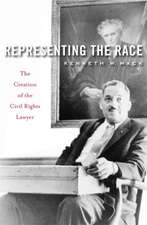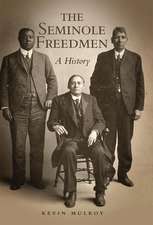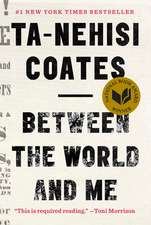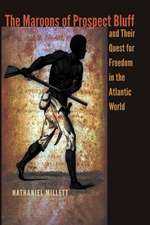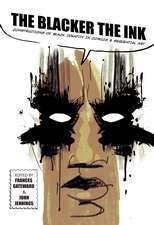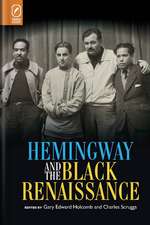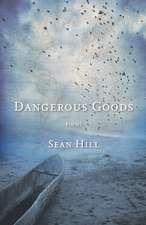The Way Things Were
Autor Thomas P. Haviland Editat de Carroll M. Haskell, William A. Havilanden Limba Engleză Paperback – 27 ian 2016
Preț: 82.70 lei
Nou
Puncte Express: 124
Preț estimativ în valută:
15.83€ • 16.46$ • 13.07£
15.83€ • 16.46$ • 13.07£
Carte disponibilă
Livrare economică 24 martie-07 aprilie
Preluare comenzi: 021 569.72.76
Specificații
ISBN-13: 9781882190348
ISBN-10: 1882190343
Pagini: 170
Dimensiuni: 152 x 229 x 10 mm
Greutate: 0.26 kg
Editura: Polar Bear & Company
ISBN-10: 1882190343
Pagini: 170
Dimensiuni: 152 x 229 x 10 mm
Greutate: 0.26 kg
Editura: Polar Bear & Company
Notă biografică
Throughout his life, Tom Haviland had a love affair with the state of Maine in general, and Deer Isle in particular. Born in Atlantic City, New Jersey, in 1897, he and his family came to the island in 1905 to visit Charles White, a close cousin of Tom's father. Charles was employed at the Dunham's Point silver mine, and had been urging the Havilands to come stay at their North Deer Isle home. Like so many others who came to the island, they were hooked, and by 1909 they had their own cottage on the shore of the Bowcat. In all the years from that first trip, Tom missed only one summer on the island. As he grew up, his friends were island boys, whose families farmed the land and followed the sea. Many remained friends for life. As a consequence of these associations, Tom developed a deep admiration for islanders and their ways; their sense of independence, their self-reliance, resourcefulness, trust and loyalty, not to mention their ability to find satisfaction and even amusement in a life that often was anything but easy. Ultimately, as he approached the end of his career as professor of English and head of the creative writing program at the University of Pennsylvania, he began to write a series of essays and stories based on his experiences and characters he had known. Some were published in magazines such as Down East and Yankee, but others have not been. Just before his death in 1969, he had begun to organize all these pieces into a book that he proposed to call Moose Island Folk: Tales of the Steamboat Era.



